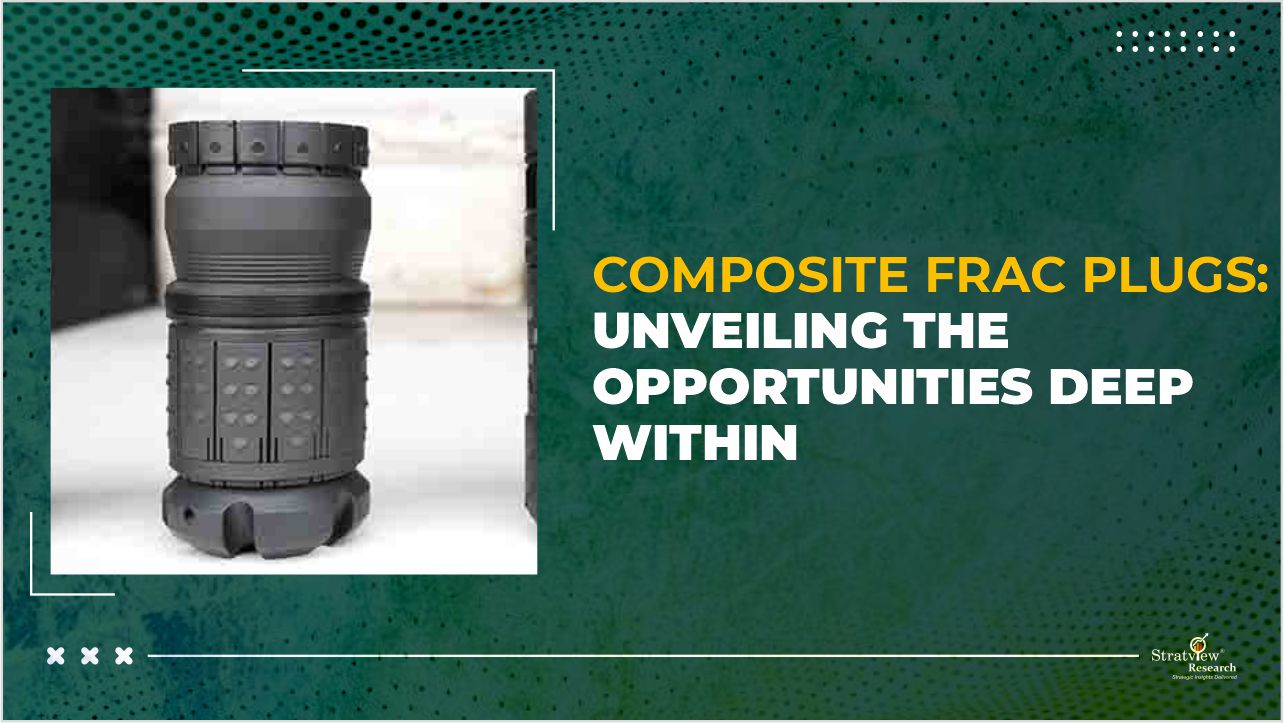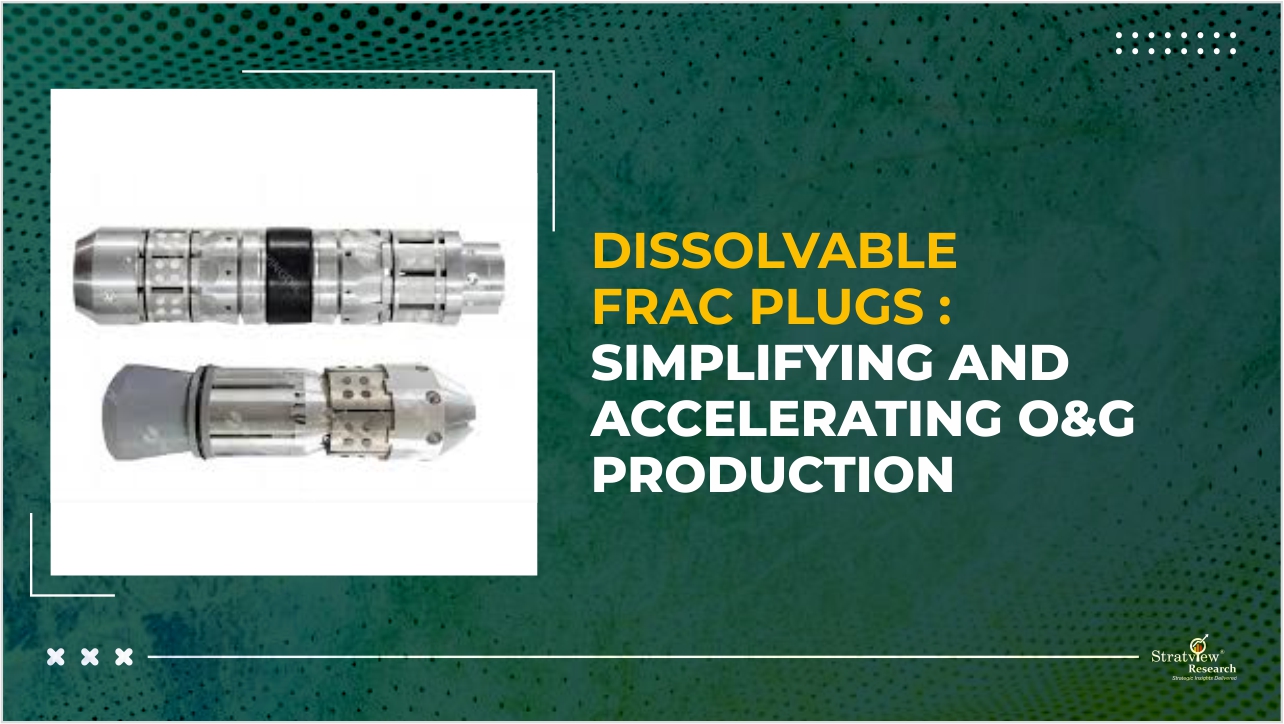
Driven by their strong value proposition, dissolvable frac plugs are witnessing rapid adoption. According to insights from Stratview Research, global demand is projected to surpass ~US$ 1.2 billion by 2028, advancing at an annual growth rate of over 20%.
Hydraulic fracking – a well-stimulation technique that involves fracturing of bedrock structures by pressurized liquids to increase production of the wells. U.S. crude oil production from hydraulic fracking leapfrogged from 8% in 2005 to a whopping 65% in 2021.
Frac plugs play a vital role in the hydraulic fracking process for any oil and gas field. During the hydraulic fracturing process, the zones of the wellbore are needed to be isolated.
In this process, the Frac plugs operate as check valves to provide wellbore zonal isolation allowing the flow of fluids from below their surface to aid in well clean up once the stimulation process is completed.
Frac plugs, initially manufactured using cast iron took a long time for milling-out process. To speed-up this process, composite frac plugs were developed. Owing to their light weight, composite frac plugs also enabled the frac plugs to run into a horizontal wellbore. These frac plugs became the talk of the town in no time.
With the time, the lateral length of the wells also has been growing rapidly. (Refer to Fig.3.). Effective milling operations in the extended-reach laterals of the horizontal wells is a challenge for composite frac plugs as it is hard for these plugs to set their foot on the farthest rock bottom of these wells. To serve the market better and plug such concerns, came the advent of ‘Dissolvable frac plugs’.
As the name suggests, a dissolvable plug uses bio-degradable components that would dissolve and leave almost no residue unlike traditional, composite plugs to isolate zones.
What Makes These Frac-plugs Dissolvable?
Because of the requirements of self-dissolution, high mechanical strength, and lightweight, etc. the dissolvable frac plugs are made of components like Mg (Magnesium) alloys, and PGA (Polyglycolic Acid).
PGA is a recent addition to the plastics industry that stands out from other polymers due to its features. PGA is an industrial plastic with mechanical characteristics that are at par with other polymers. Its primary characteristics include:
- Biodegradability,
- High strength and toughness,
- High scratch/cut resistance, and
- Easy processing.
However, PGA is new to the dissolvable frac-plug industry and is not being currently of interest to a few major players. Magnesium (Mg) alloys are the materials of choice as they own several desirable properties such as reliable dissolution rate at different temperature and pressure brine, high toughness, strength, and hardness.
Here are few differences between these two components used in manufacturing dissolvable frac plugs.
|
Properties |
Magnesium Alloy (Mg)) |
Polyglycolic Acid (PGA) |
|
Density |
1.7 cm3 |
1.5-1.7 cm3 |
|
Melting Point |
650°C |
220-225 °C |
|
Tensile strength |
180-440 megapascals (MPa) |
60-120.0 MPa |
|
Degradation rate |
Its degradation rate reduces with the increase in temperature. |
It increases with the increase in temperature. |
Table 1 : Comparison of Key Properties: Magnesium Alloy (Mg) vs. Polyglycolic Acid (PGA)
Serves the Same Purpose as the Traditional Frac Plug, but With Added Benefits
The dissolvable frac plug functions exactly like a conventional frac plug. To isolate certain zones, it can be placed anywhere in the wellbore. The high-strength metal used in the dissolvable frac plug totally breaks down in wellbore fluids leaving almost no signs or residue.
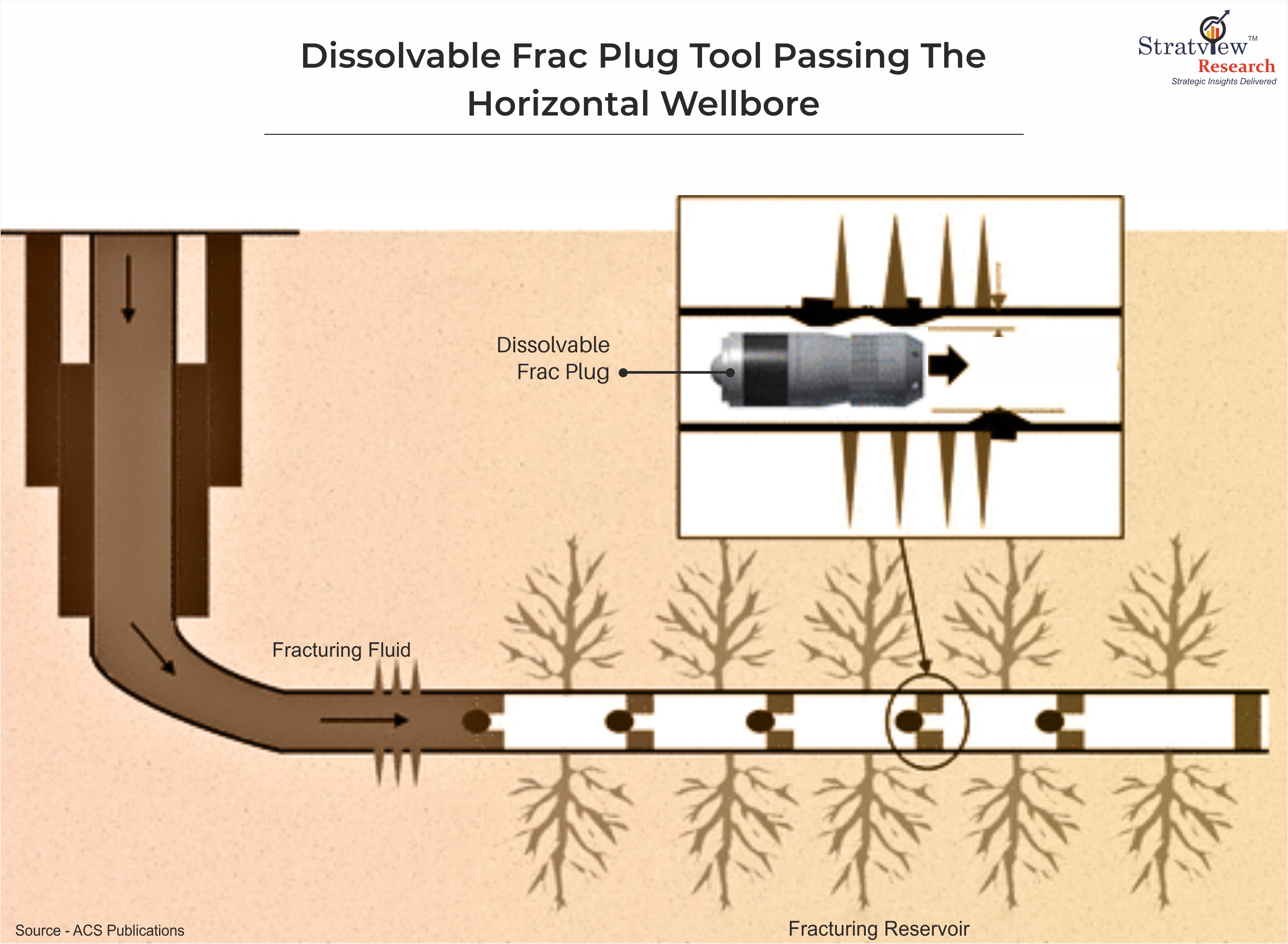
Fig.1. Working of Dissolvable Frac Plugs.
Below are a few benefits of the dissolvable frac plugs-
- Faster production – These plugs eliminate the need of drilling out the plugs as they dissolve, allowing operators to produce much sooner.
- Reduced expenditure – Unlike traditional frac plugs, the dissolvable frac plugs require a lower-cost clean-up run to remove residual proppant from the wellbore which saves thousands of litres of diesel that is used during the coiled tubing (CT) milling, saves time and manpower as well.
- Longer laterals – No major milling equals no length restrictions related to coiled tubing reach which means longer laterals and more scope of production.
- Significant reduction in greenhouse gas emissions – The life-cycle carbon footprint of the dissolvable plug is estimated to be 91% lesser per wellbore than the conventional plug. Refer to fig. 2.
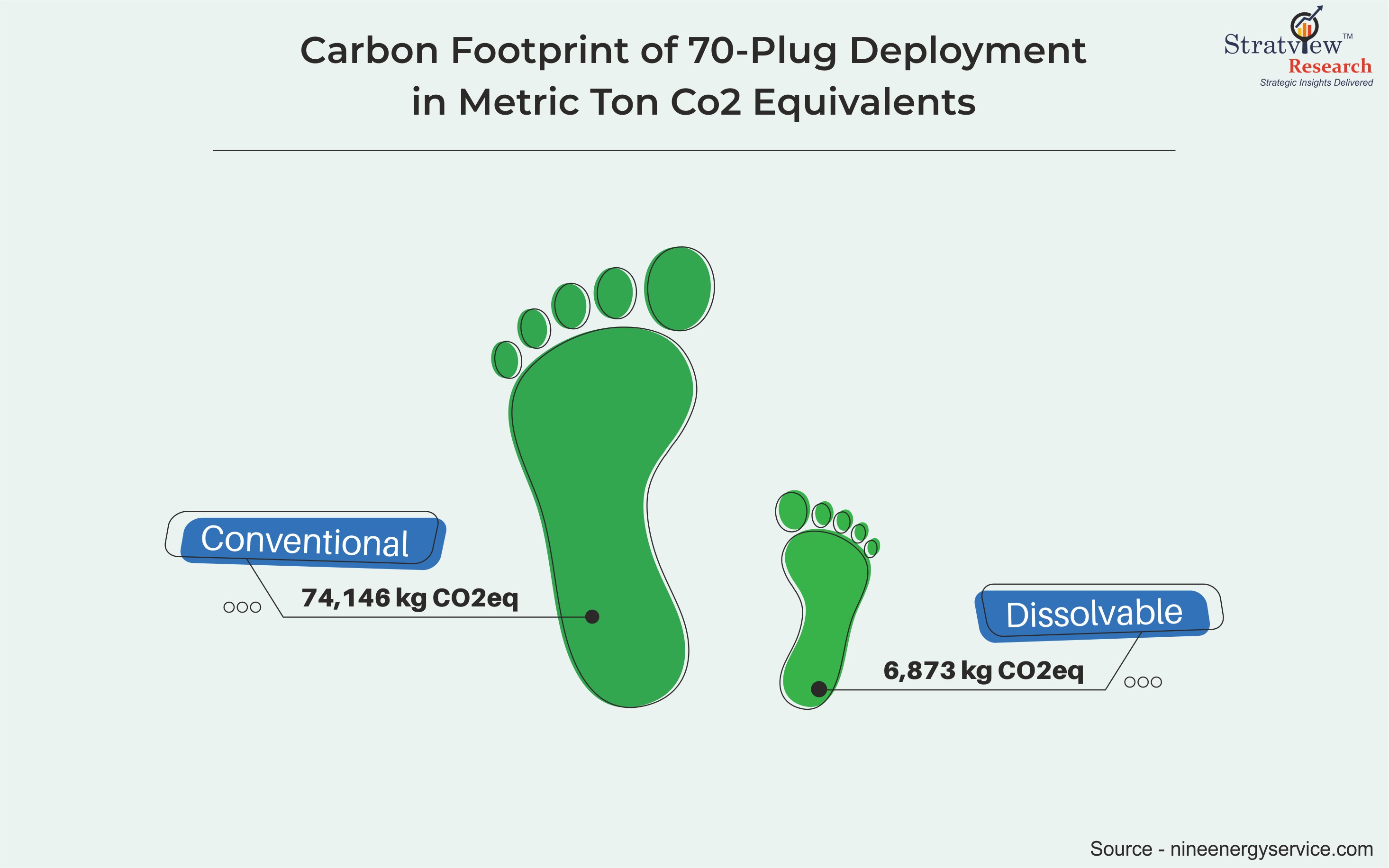
Fig.2. : Carbon Footprint of 70-plug Deployment in Metric Ton CO₂eq.
| Company | Product Brand | Region | Amount Saved |
| Halliburton | Illusion® dissolving frac plugs | Vaca Muerta formation, Argentina | US $515,000 |
| Halliburton | Illusion® dissolving frac plugs | North Dakota, United States | US $200,000 |
| Schlumberger | Infinity dissolvable plug-and-perf systems | Republic of the Congo, Africa. | US $600,000 |
| Baker Huhges | SPECTRE™ Disintegrated Frac Plug | Eagle Ford Shale, United States | US $120,000 |
Table 2: Cost Savings Achieved Using Dissolvable Frac Plugs Across Regions
Due to their unique value proposition, the adoption of dissolvable frac plugs is rising at an impressive rate. The global demand for dissolvable frac plugs is estimated to witness excellent progress crossing ~US $1.2 Billion by 2028, growing annually at >20% rate.
Growing Horizontal Wells Pushing Demand for Dissolvable Frac Plugs
A well’s horizontal portion, or the lateral length, is a key factor in well productivity. And to serve the growing demand for oil and gas, the lateral lengths have grown incessantly over the years.
Figure 3 depicts the rapid growth in the lateral length of the Permain Basin, that accounts for more than 40% of the U.S. crude oil production and 17% of U.S. natural gas production.
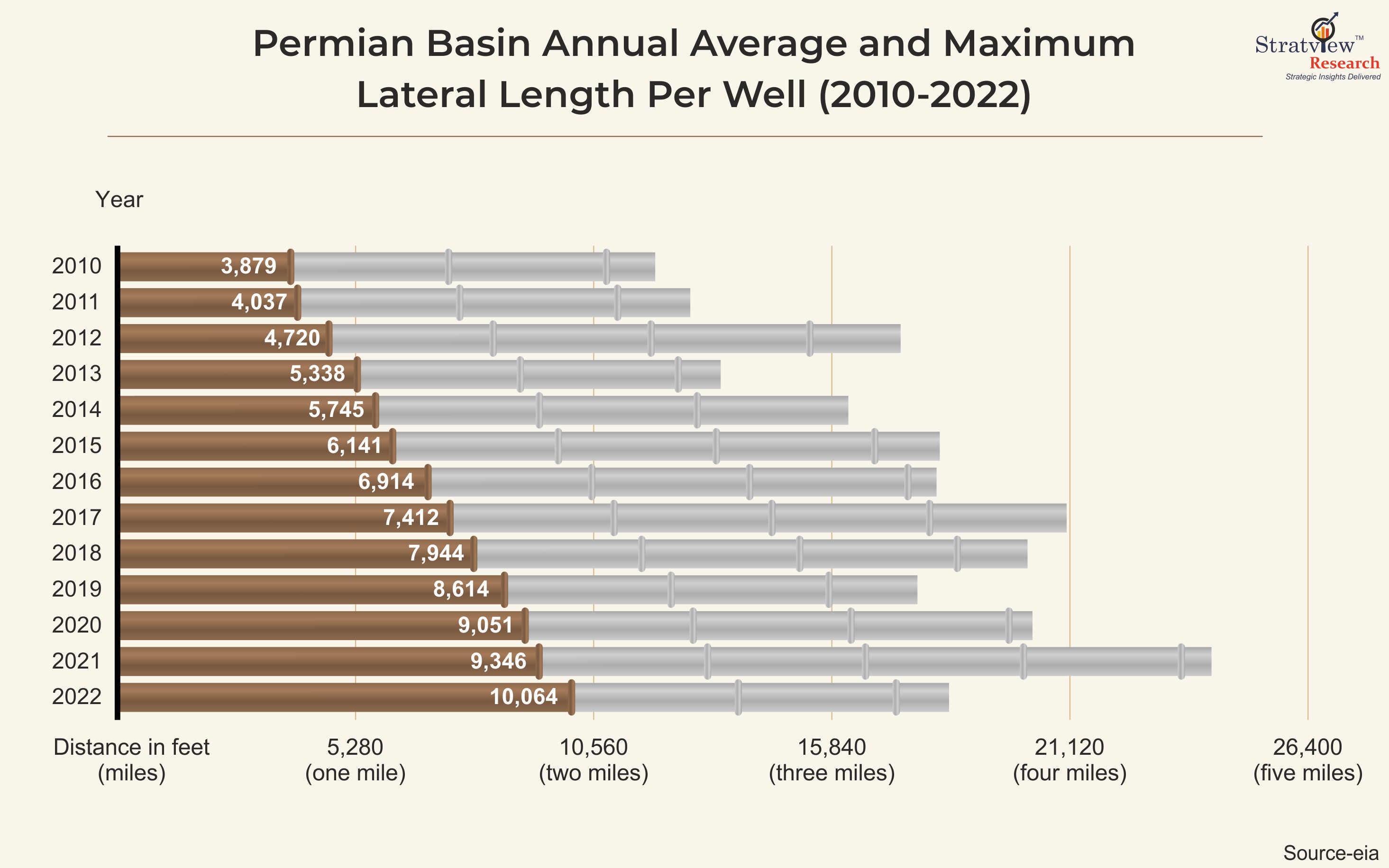
Fig.3. In the Permian Basin, average well horizontal length has risen to >10,000 feet in the first 9 months of 2022.
When drilling becomes difficult with vertical wells due to reasons like reservoir's structure, etc., the horizontal approach (a multi-directional drilling technique) is employed as an alternative, as one can reach extended, long lateral areas of horizontal wells.
The increasing use of horizontal wells parallelly increases the demand for the dissolvable frac plugs.
Future of Dissolvable Frac Plugs
Dissolvable technology is catching up in a field that never lacks challenges. It is now a common aspect of well completions that works especially and effectively in lengthy laterals with higher stage density. The demand for dissolvable frac plugs is growing simultaneously with the increasing rig count, demand for oil and gas, share of horizontal wells, etc.
The worldwide rig count has started recovering. As of September 2022, the global rig count grew from 1448 (in Sept 2021) to ~1853. Across the globe, the U.S. hosts nearly 40% of the oil and gas rigs.
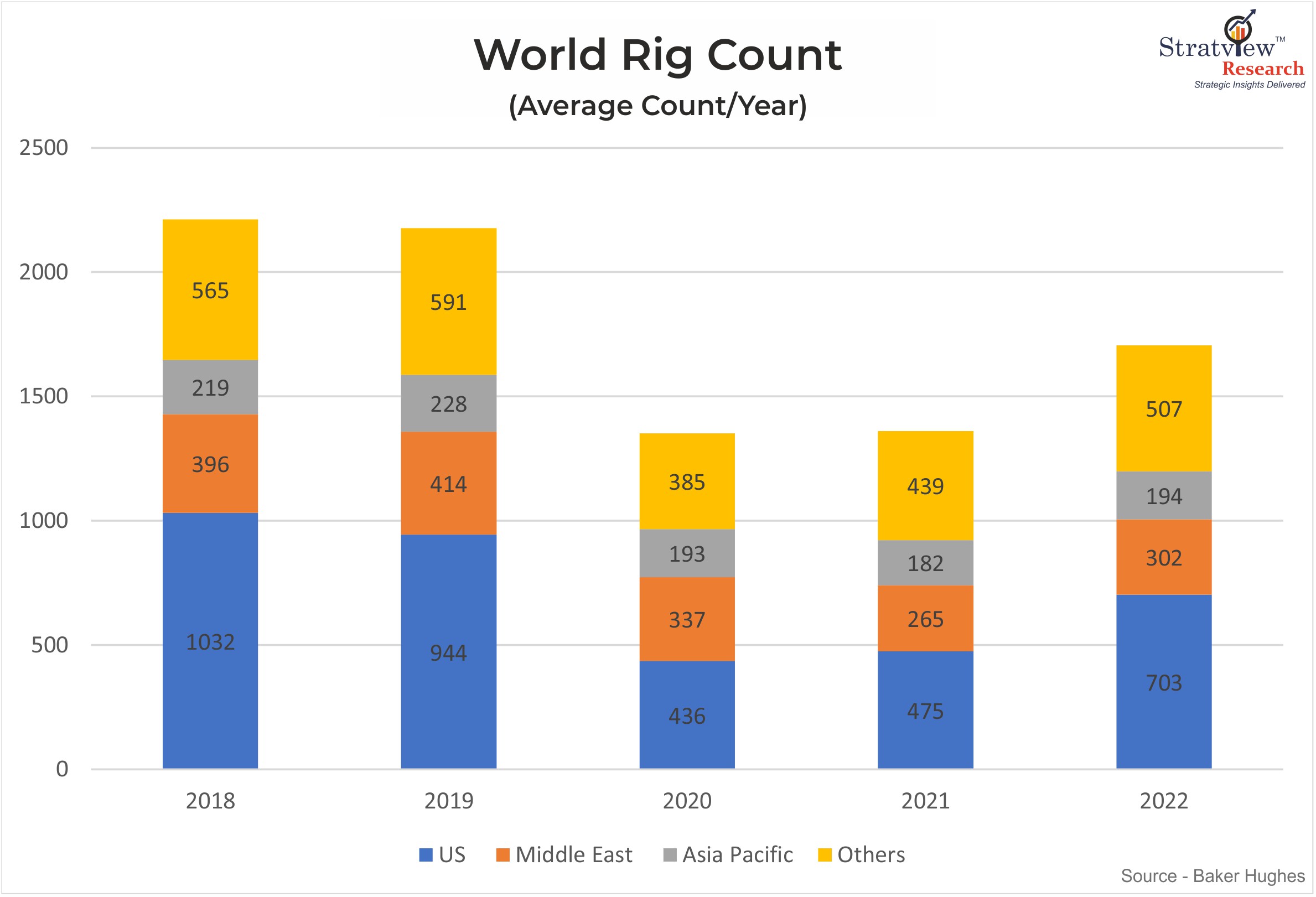
Fig.4. Worldwide Rig Count.
While a few aspects of milling, and other operations are improving to meet the challenging demands, there are some potholes in the way. The extra cost paid for dissolvable plugs can be a burden in the beginning. The initial cost of these dissolvable plugs is 5-10 times than that of composite plugs. However, the extent of savings in terms of time, manpower and consumables makes up much more than the initial cost. Additionally, they are more environmental-friendly as compared to the rivals.
The plethora of benefits along with growing awareness will lead to the rising penetration of dissolvable frac plugs, thereby creating a skyrocketing demand in the coming decade.
Authored by Stratview Research. Also published on – OGN News
